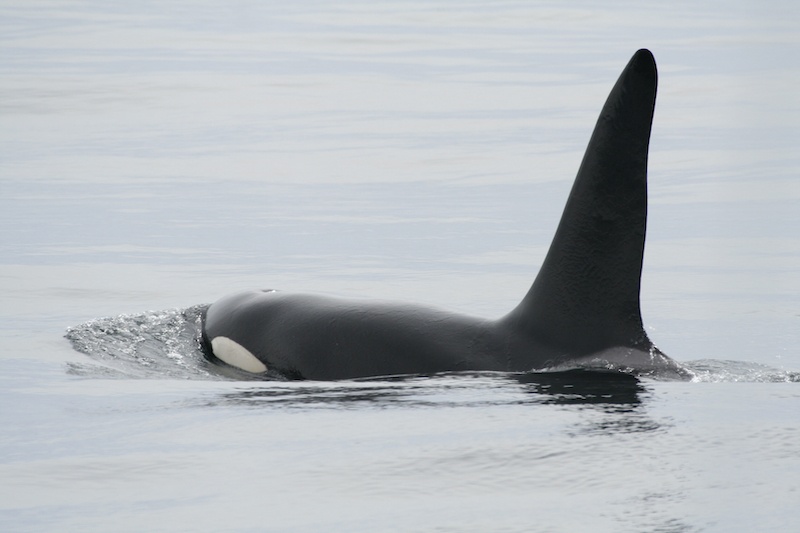The Hebridean Whale and Dolphin Trust is calling on members of the public to record their at-sea excursions and sightings of whales, dolphins, porpoises and endangered basking sharks off Scotland’s west coast to boost monitoring efforts and strengthen understanding of the coronavirus lockdown’s impact on these animals. (pictures © HWDT)
With wildlife around the world reported to be taking advantage of reduced human activity, the Trust wants to discover more about what has been happening in Hebridean seas, which are globally important for cetaceans – the collective name for whales, dolphins and porpoises – and basking sharks.

But the Trust’s ability to gather crucial scientific evidence for the effective conservation of these remarkable animals has been hit hard by the global Covid-19 pandemic – leaving it facing the biggest gap in its data collection for two decades.
The charity’s regular at-sea scientific research expeditions by scientists and volunteers onboard its specialised yacht, Silurian, are cancelled.
There has also been an 80 percent decrease in reported sightings of cetaceans by members of the public compared to 2019.
With lockdown restrictions easing, the Trust is appealing to people living and working on the west coast to log their excursions, report sightings and submit photographs through its quick and easy-to-use Whale Track website at whaletrack.hwdt.org or free smartphone app, which works in the most remote areas of the Hebrides without network coverage or WiFi.

“We don’t yet know what the impacts of lockdown will be on cetaceans, but with fewer boats and activities taking place at sea, it will almost certainly have been a lot quieter out there.
“This may have had important benefits for whales and dolphins, which rely on sound for communication, foraging and their ultimate survival,” said Dr Lauren Hartny-Mills, the Hebridean Whale and Dolphin Trust’s Science and Conservation Manager.
“Reporting is easy, and every excursion logged on Whale Track – whether a ferry crossing or a kayaking trip – will make a difference to our understanding of what impact lockdown has had on Scottish whales and dolphins.”
Sightings and photographs will also help the Trust’s researchers track the movement of resident coastal species like bottlenose dolphins, and learn more about rarer visitors like killer whales and humpback whales.
During lockdown there have been almost 350 sightings of 10 different species reported by 90 people using Whale Track during their daily exercise or essential work at sea.

The Trust has been hugely grateful for these reports – which have included super pods of common dolphins, the return of migratory species like minke whales and basking sharks, and spectacular sightings of resident harbour porpoise and bottlenose dolphins.
“Sightings of cetaceans are scientifically important, plus getting outside and being by the sea can also help boost people’s mood and wellbeing during these difficult times.
“As restrictions in Scotland are relaxed, we appeal to anyone living or working along the Scottish west coast to get involved with Whale Track and join our community of amazing citizen scientists,” said Becky Dudley, the Trust’s Marine Biodiversity Officer.
For those shielding or unable to reach the coast, Whale Track has an interactive map showing all sightings reported since 2017.
This allows anyone to look up sightings of their favourite species or find out what’s been seen near them – connecting people with nature from the comfort of their own home.
Marine ecosystems are increasingly under threat from human activities – including climate change, entanglement, pollution, underwater noise and habitat degradation.
At a time of global climate emergency and biodiversity loss across the UK and globally, the need for the Trust’s monitoring, education and conservation work has never been more critical.
Whale Track is funded entirely by supporter donations.
The Hebridean Whale and Dolphin Trust is asking people for support by becoming members, sponsoring an animal, or donating if they can.
Such support makes a big difference to small charities like the Trust at this challenging time.



